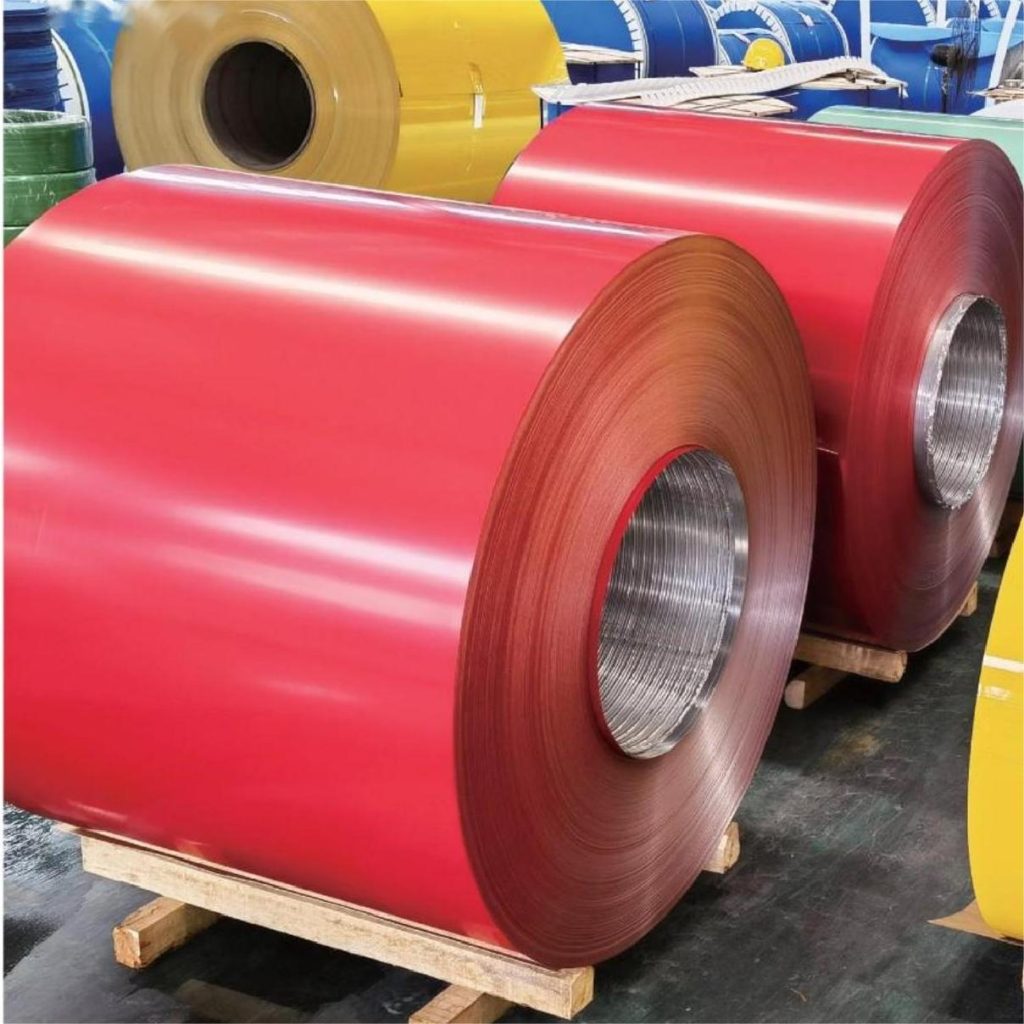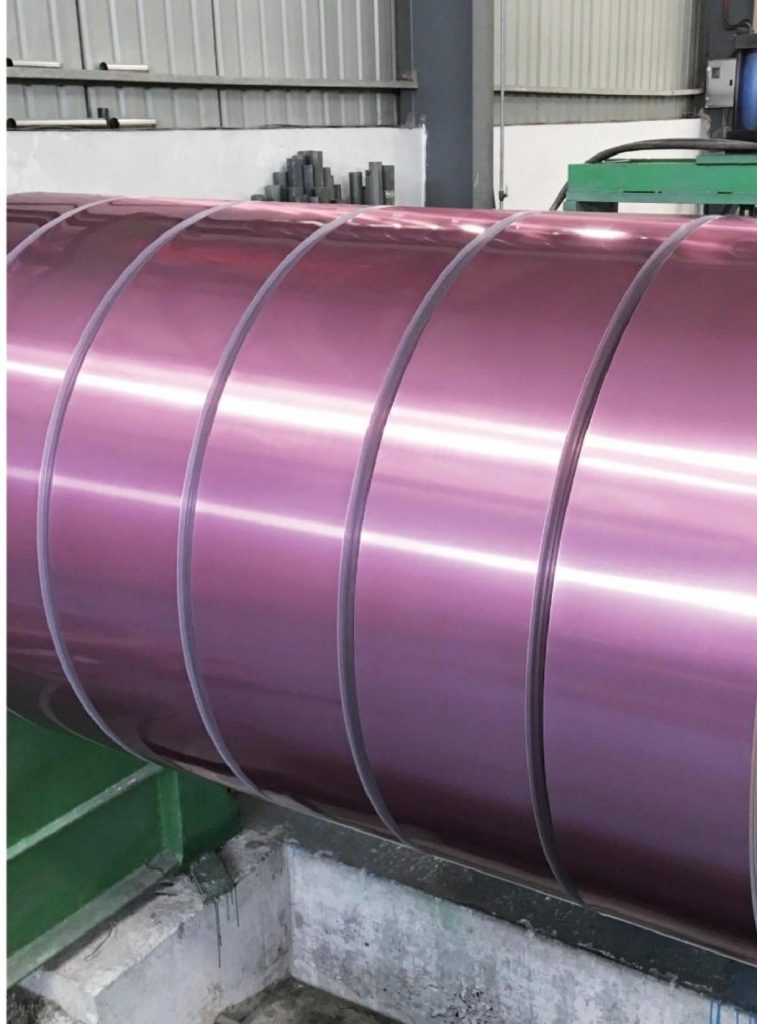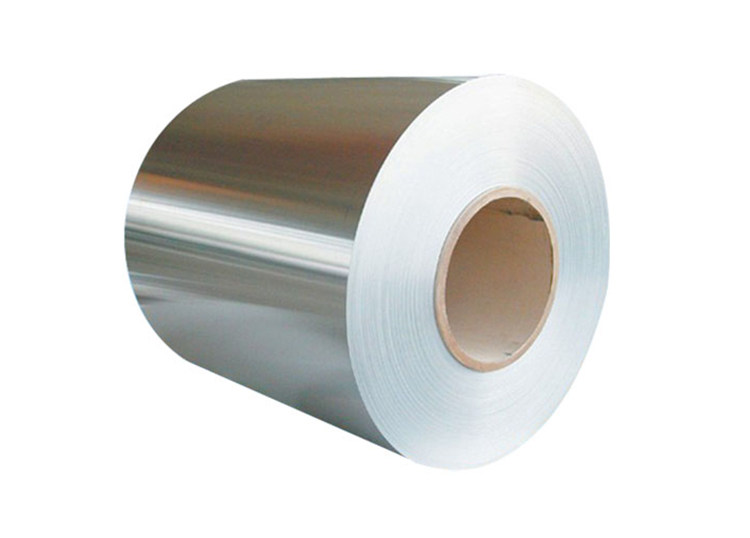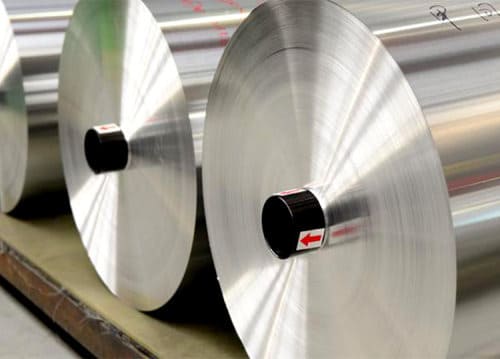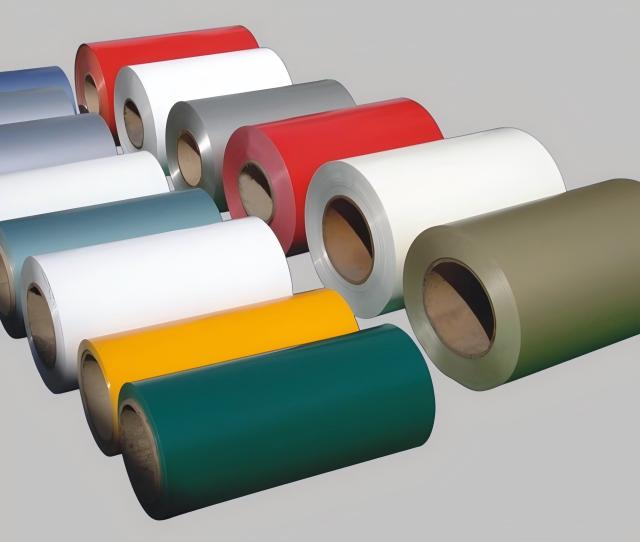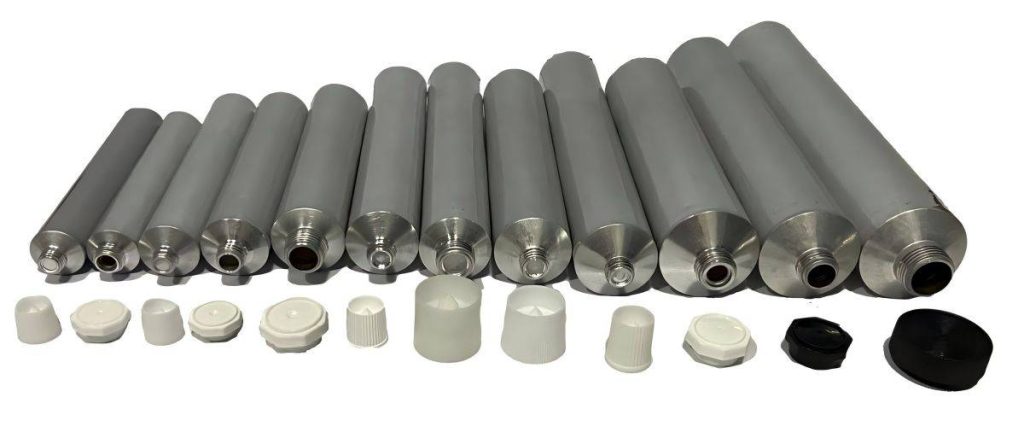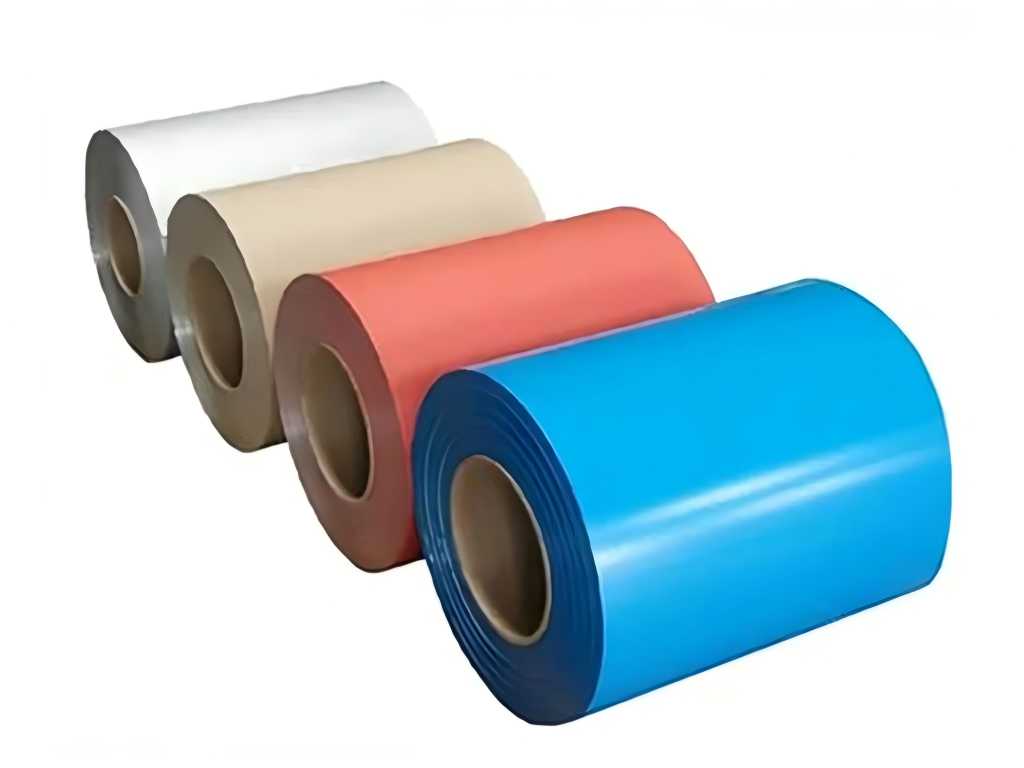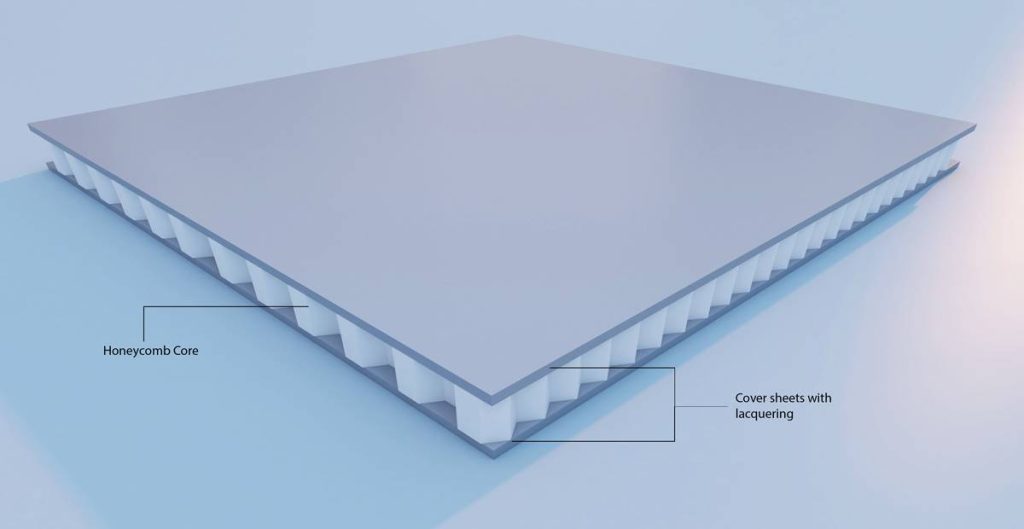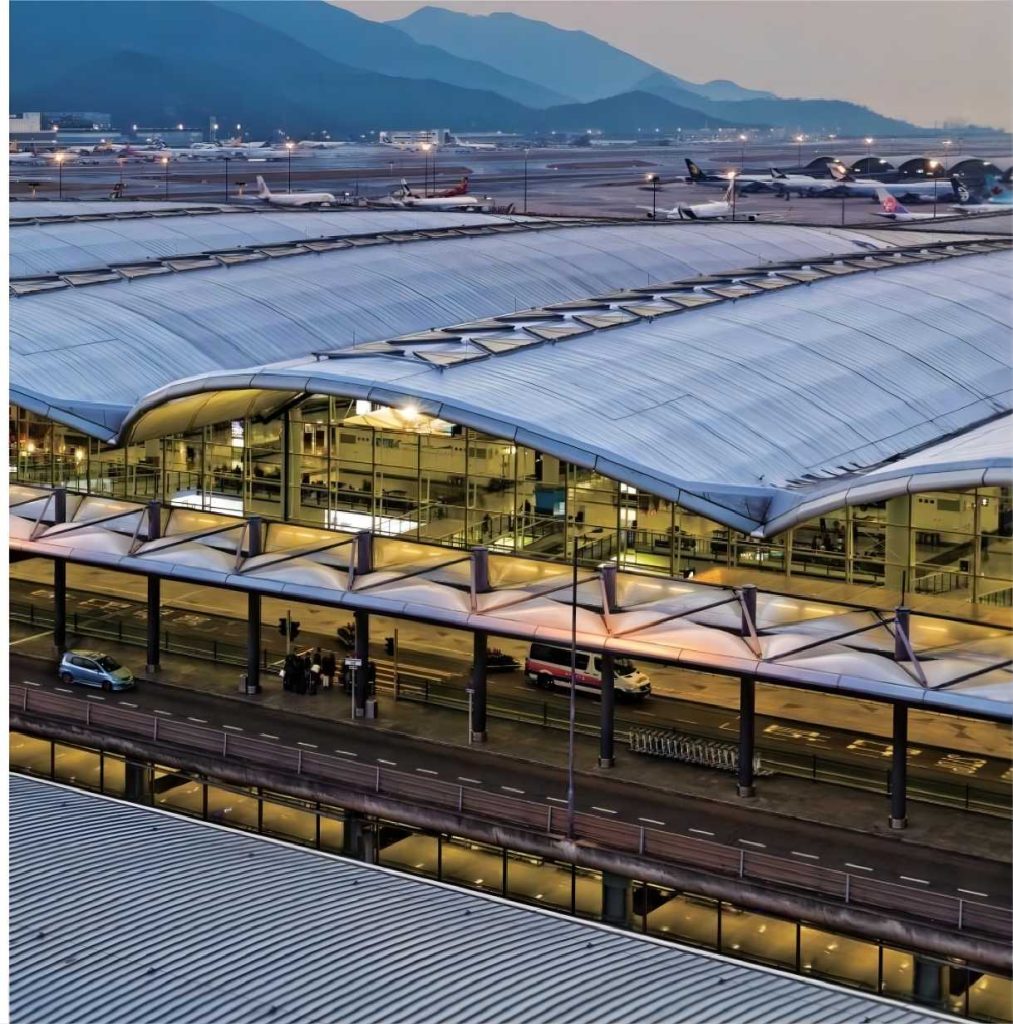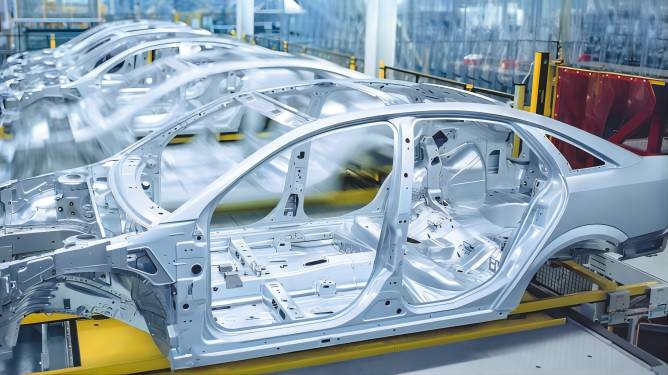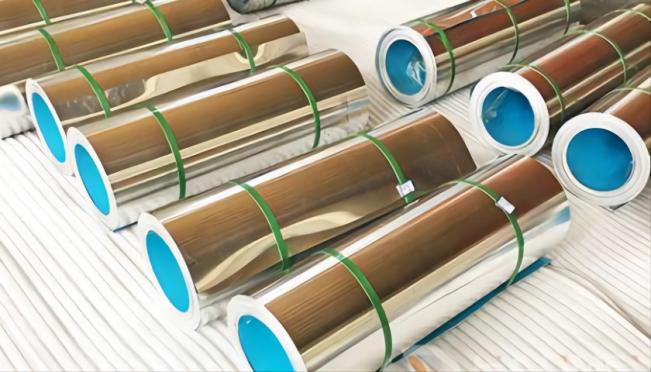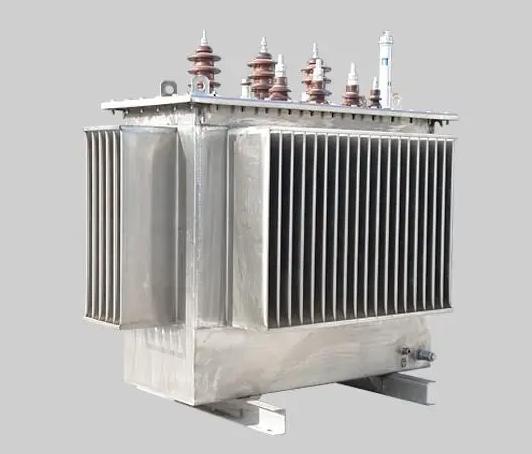Aluminum coils are a versatile and widely used material across various industries, from construction and marine applications to food packaging and decorative elements. When choosing the right coil for your project, understanding the differences between popular options like 5052 and 3003 is crucial. This article delves into the key characteristics and applications of these two common aluminum alloys, helping you make an informed decision.
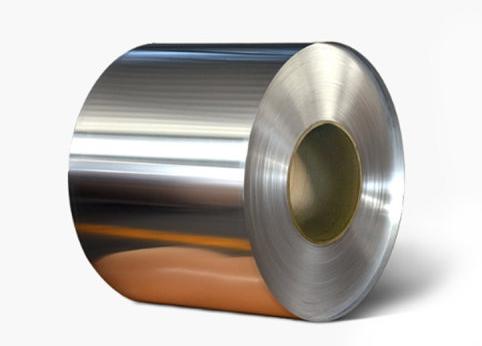
Different Chemical Composition and Properties of 5052 and 3003 Aluminum Coil
The primary distinction between 5052 and 3003 lies in their main alloying elements: magnesium (Mg) for 5052 and manganese (Mn) for 3003. This difference translates into distinct properties:
| Feature | 5052 Aluminum Coil | 3003 Aluminum Coil | |
| Alloying Element | Magnesium (Mg) | Manganese (Mn) | |
| Typical Composition (wt%) | Aluminum (Al) | 97.2 – 97.8 | 97.3 – 99.0 |
| Magnesium (Mg) | 2.2 – 2.8 | 0.4 – 1.2 | |
| Manganese (Mn) | 0.1 | 1.0 – 1.5 | |
| Iron (Fe) | 0.2 | 0.20 – 0.7 | |
| Silicon (Si) | 0.25 | 0.20 – 0.6 | |
| Copper (Cu) | 0.1 | 0.10 – 0.4 | |
| Chromium (Cr) | 0.15 | 0.05 | |
| Zinc (Zn) | 0.1 | 0.1 | |
| Properties | Density (g/cm3) | 2.68 | 2.73 |
| Tensile Strength (MPa) | 230 – 280 | 145 – 195 | |
| Yield Strength (MPa) | 165 – 220 | 105 – 135 | |
| Elongation (%) | 15 – 20 | 25 – 35 | |
| Hardness (HB) | 65 – 75 | 50 – 60 | |
| Corrosion Resistance | Excellent | Good | |
| Workability | Good | Excellent | |
| Weldability | Requires heat treatment | Easily weldable | |

Different Advantages of 5052 and 3003 Aluminum Coil
While 5052 and 3003 aluminum coils have unique properties, each alloy offers its own distinct advantages that make it preferable on the specific requirements of an application.
Advantages of 5052 Aluminum Coil over 3003:
- Higher Tensile Strength: 5052 aluminum coil possesses higher tensile strength compared to 3003 alloy. This attribute makes it more suitable for applications where structural integrity and durability are paramount.
- Greater Corrosion Resistance in Harsh Environments: With its magnesium content, 5052 aluminum offers superior corrosion resistance, especially in marine and harsh environments where exposure to moisture, saltwater, and other corrosive elements is a concern.
- Enhanced Formability for Certain Applications: While both alloys are highly formable, 5052 aluminum coil might offer better formability for specific applications due to its composition, making it suitable for intricate forming processes.
- Ideal for High-Strength Applications: Its higher strength-to-weight ratio makes 5052 aluminum coil ideal for applications where weight reduction is critical without compromising on structural strength.
Advantages of 3003 Aluminum Coil over 5052:
- Excellent Formability and Workability: 3003 aluminum coil is exceptionally malleable and easy to form, making it ideal for applications where complex shapes or extensive forming operations are required without the risk of cracking or fracturing.
- Weldability: While both alloys are weldable, 3003 aluminum coil exhibits excellent weldability, allowing for ease of joining and fabrication in various welding processes, including MIG and TIG welding.
- Cost-Effectiveness: 3003 aluminum coil tends to be more cost-effective compared to 5052, making it a preferred choice for applications where cost considerations are paramount without compromising on quality and performance.
- Suitable for Non-Heat-Treatable Applications: Unlike 5052, which can be subjected to heat treatment for enhanced strength, 3003 aluminum coil does not require heat treatment and still offers sufficient strength and performance for many applications, simplifying manufacturing processes.
Different Applications of 5052 and 3003 Aluminum Coil
5052 and 3003 aluminum coils, while sharing some similarities in terms of corrosion resistance and formability, find diverse applications owing to their unique properties and characteristics. Understanding these distinctions helps in selecting the most suitable alloy for various industries and applications:
Applications of 5052 Aluminum Coil:
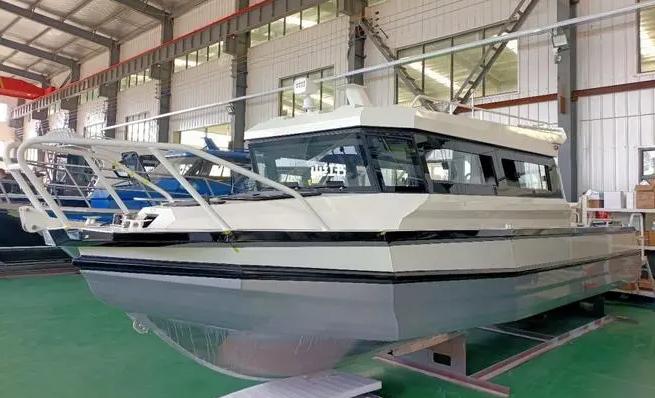
- Marine Industry: 5052 aluminum coil is extensively used in marine applications due to its excellent corrosion resistance, particularly in saltwater environments. It is employed in boat hulls, decks, and other components subjected to harsh marine conditions.
- Automotive Manufacturing: This alloy is utilized in the automotive industry for manufacturing vehicle bodies, panels, and trim components. Its combination of strength, formability, and corrosion resistance makes it ideal for exterior automotive parts.
- Architectural Components: 5052 aluminum coil finds applications in architectural structures such as roofing, siding, and decorative elements. Its durability, corrosion resistance, and ability to be formed into various shapes make it a popular choice for exterior building components.
- Chemical and Industrial Equipment: Due to its resistance to corrosion and chemicals, 5052 aluminum coil is used in the construction of chemical and industrial equipment such as storage tanks, pipes, and processing vessels where resistance to corrosion is essential.
Applications of 3003 Aluminum Coil:
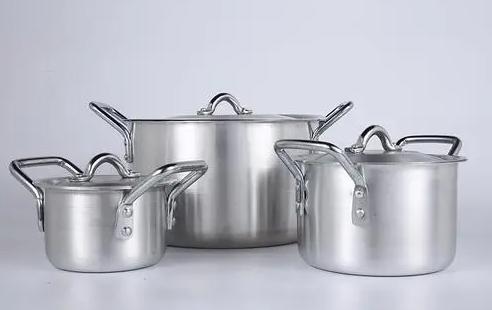
- Food and Beverage Packaging: 3003 aluminum coil is widely used in the food and beverage industry for packaging applications. It is used to manufacture cans, lids, and containers due to its excellent formability, corrosion resistance, and suitability for contact with food.
- Cooking Utensils: The formability and corrosion resistance of 3003 aluminum make it an ideal material for manufacturing cooking utensils such as pots, pans, and trays. Its ability to withstand high temperatures without deformation makes it suitable for cooking applications.
- Heat Exchangers: 3003 aluminum coil is employed in the production of heat exchangers, including radiator cores and HVAC components. Its excellent thermal conductivity and corrosion resistance make it well-suited for heat transfer applications.
- Roofing and Gutter Systems: Due to its corrosion resistance and formability, 3003 aluminum coil is used in roofing and gutter systems. It is often formed into sheets or coils for roofing panels, gutters, and downspouts in residential and commercial construction.
While both 5052 and 3003 aluminum coils offer excellent properties and performance, they cater to different industries and applications based on their unique characteristics. Understanding these distinctions enables manufacturers and designers to choose the most appropriate alloy for specific requirements, ensuring optimal performance, durability, and cost-effectiveness in various applications.

Conclusion
Ultimately, the choice between 5052 and 3003 aluminum coils depends on your specific project requirements. If strength is paramount, 5052 is the champion. For intricate shapes and easy welding, 3003 takes the lead. Remember, cost may also be a factor. Consulting with material experts can help you navigate your options and select the coil that perfectly aligns with your application needs.

